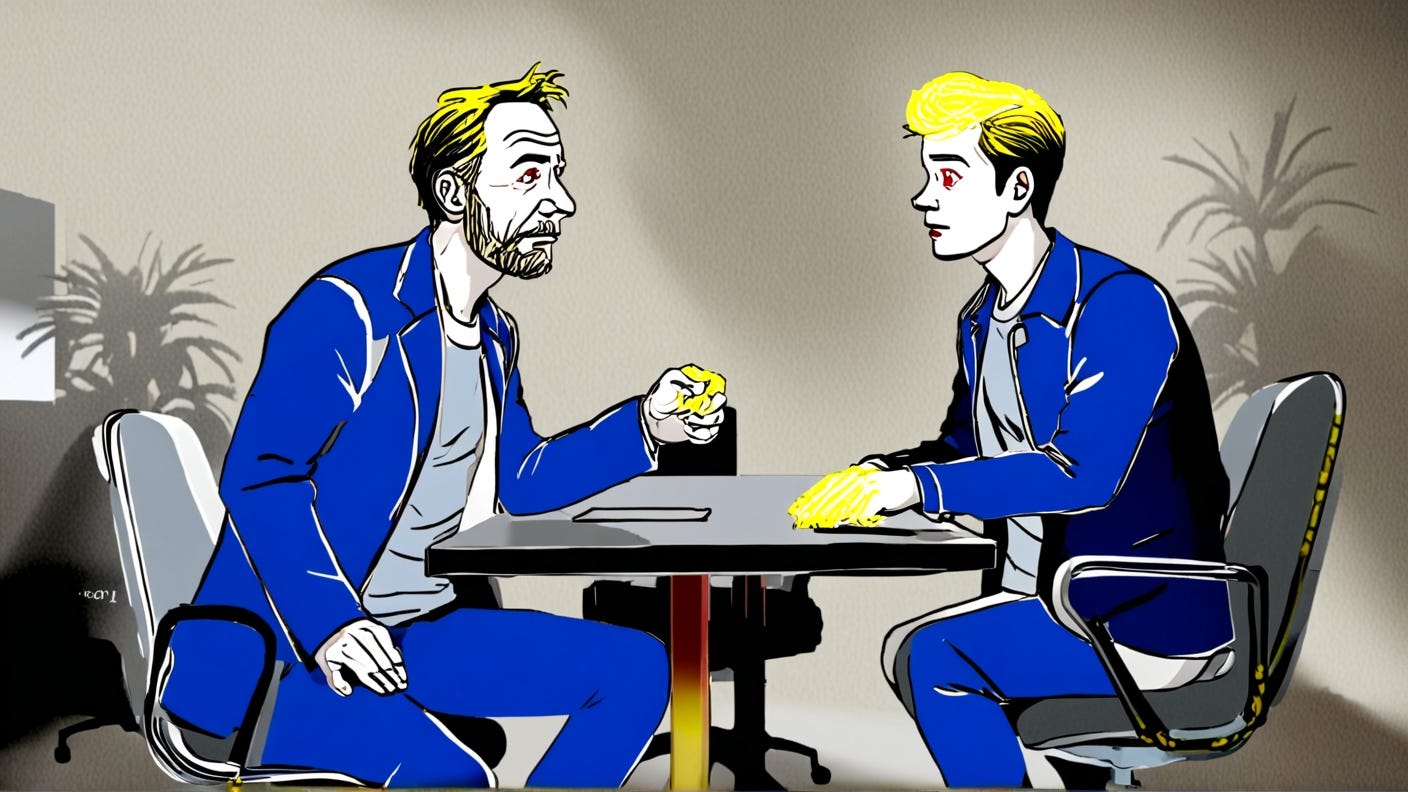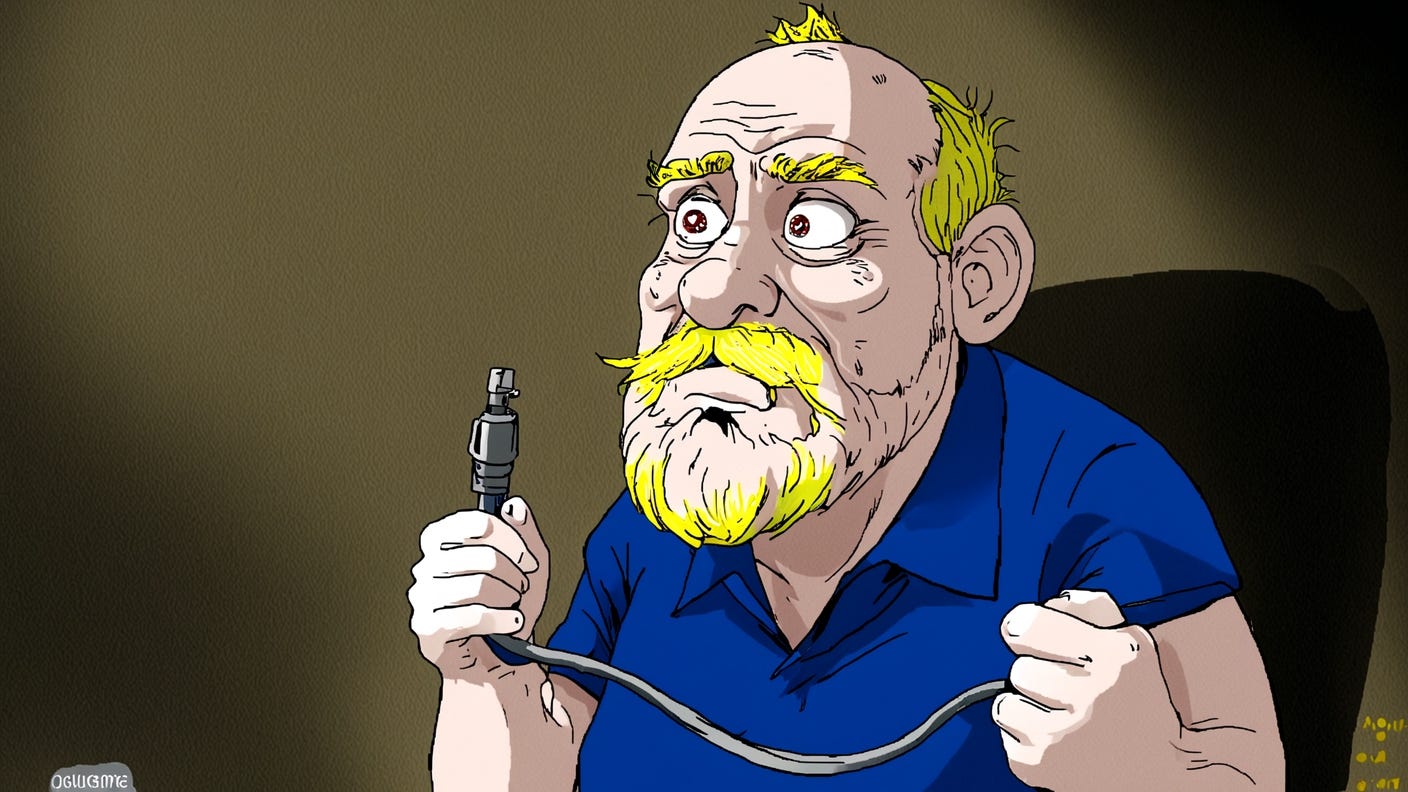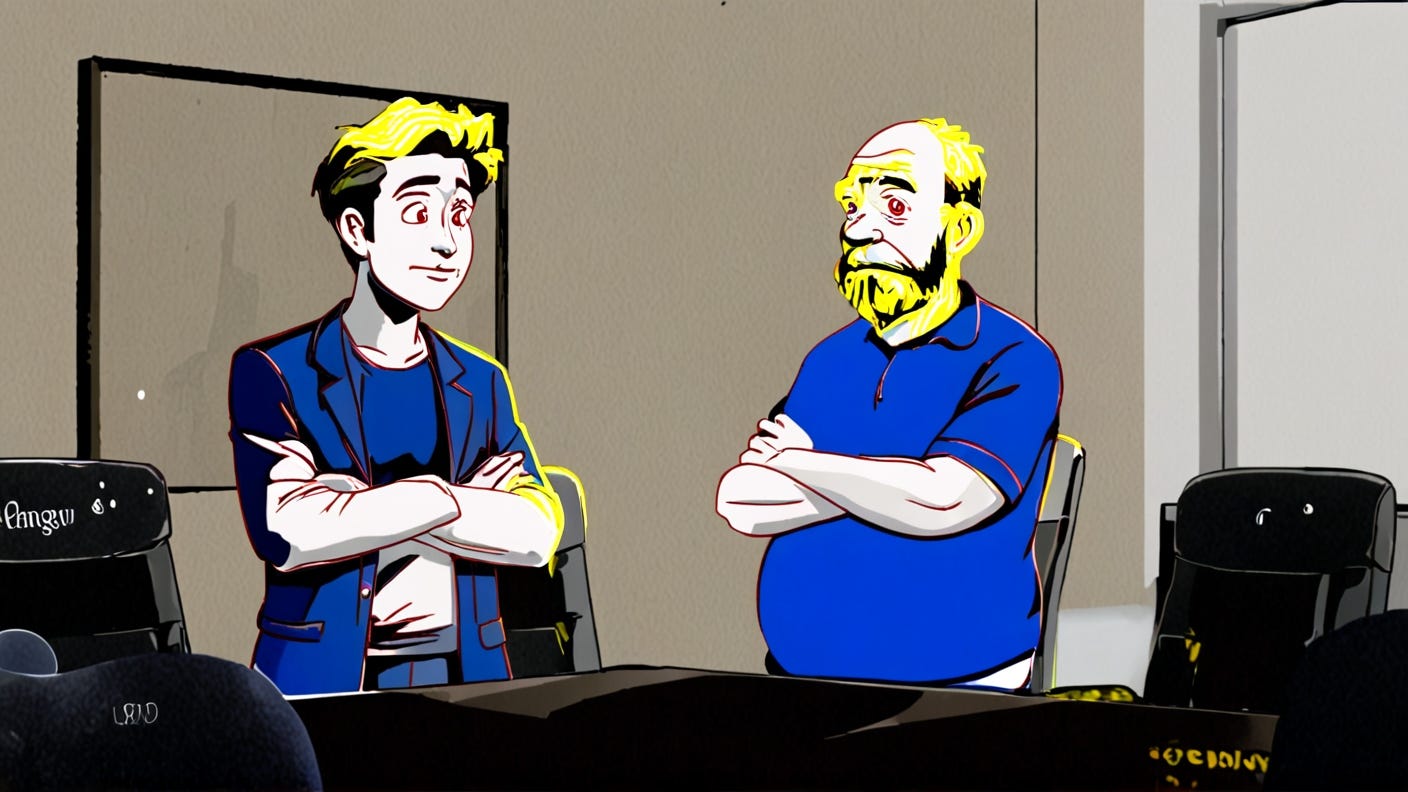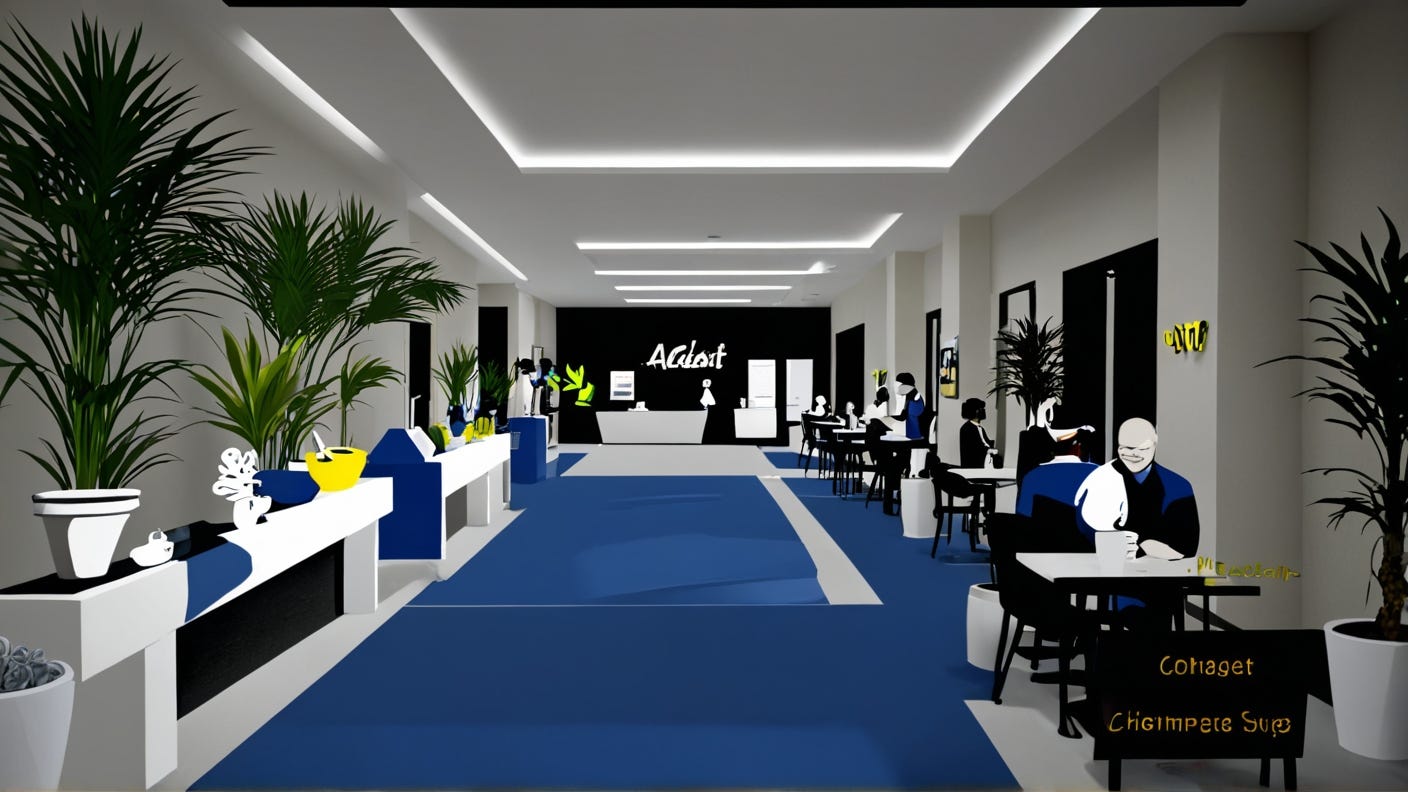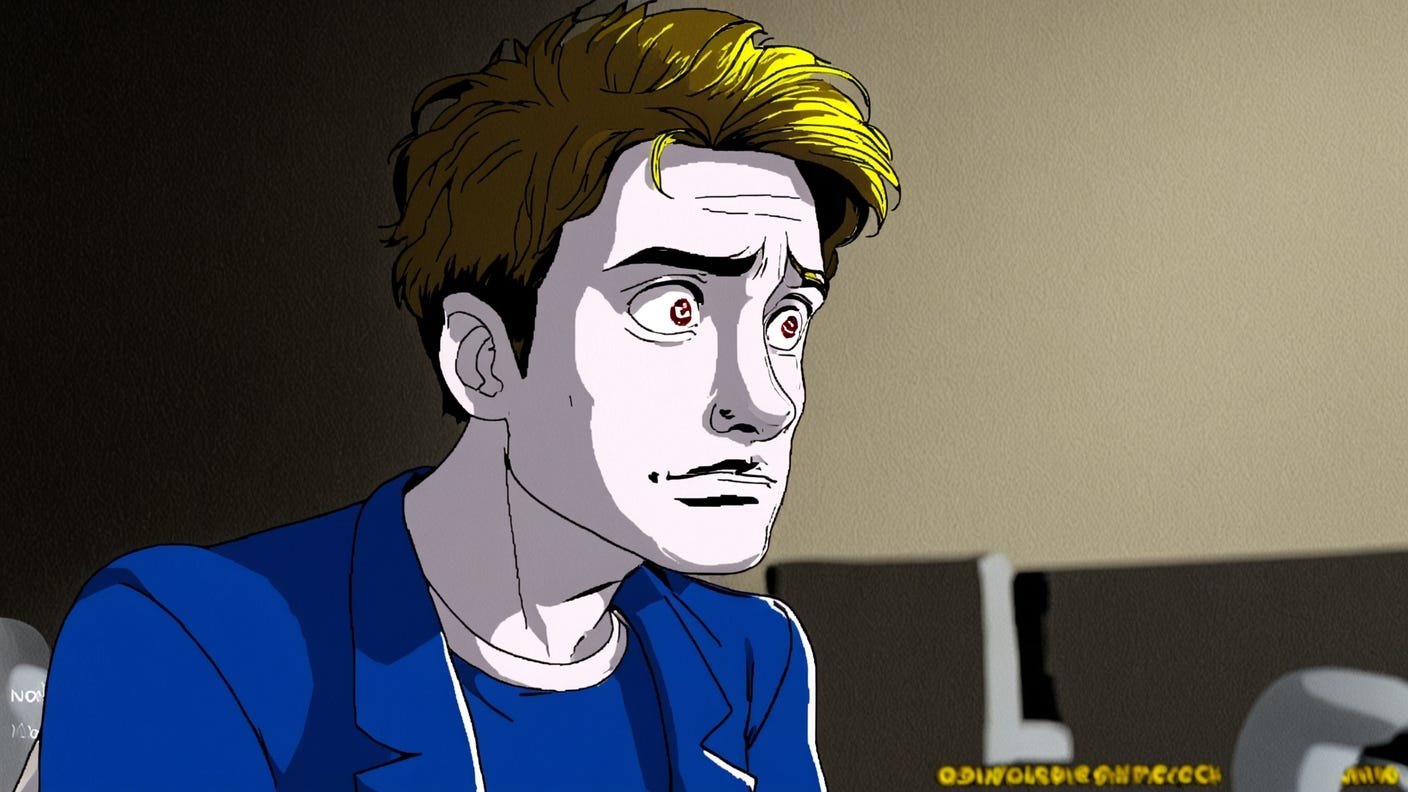The Importance of Planning (And Confronting An AV Guy)
If you want to make God laugh, tell Him about your plans
If you want to make God laugh, tell Him about your plans.
She had the nerve to say it:
‘You can’t plan for everything.’
That might be true for normal people. But I’m no normal person. So, in smug defiance I replied, ‘I can.’
‘Can you? The world is a complex place that we can never fully contr—’
‘I can,’ I reiterated. Then I told her my story:
It was about a year ago, maybe longer. In the middle of writing Holy Sh!t, Paul invited me to this conference gig he had in Adelaide (no doubt an attempt to boost his credibility and ease his insufferability in front of crowds). Naturally, my first question to Paul was, ‘Who are we speaking to?’
I always like to ask who I’m speaking to so I know how to prepare. This is a mistake people always make, they give everyone the same spiel. Not me. I know everyone’s different.
‘It’s this conference, all these people who work in Intellectual Disability field.’
‘Ah, okay, so people who work as carers and things like that for disabled people?’
‘Yes.’
Brilliant. With the themes of our book, this seemed like a great group—people who might have very frustrating working lives.
We got to work. I pulled open planning docs and a big Canva presentation. We brought in concepts like ego, the pitfalls of seriousness, all this incredible stuff. We even had these cultural references to Forrest Gump, Succession, The Office… the works. We spent hours and hours preparing, making sure everything was as relevant while using as little jargon as possible, whilst also ensuring we had more material than needed. That’s another one everyone forgets—better to have too much, than too little.
When the day finally came, we weren’t nervous. We were confident. Confidence comes from preparation and planning, but people are wont to forget that, too.
Though our work was largely done, we arrived at the Hilton Hotel one hour early. I wore a smart shirt, Paul a T-shirt and blazer. We looked the part—not too casual, not too formal or corporate either.
Lucky we were early, because there was an issue with the AV. The issue with the AV was that it had not been set up. This was a problem because our presentation was heavily reliant on visuals and audio—both the ‘A’ and the ‘V’, it turns out.
We tracked down the AV guy—a plump middle-aged fellow wearing all black with a big AV guy scowl.
‘We need AV in our room,’ explained Paul.
‘AV wasn’t booked for that room,’ replied Mr AV Guy.
‘Ah okay. But we need AV.’
‘It’s an extra charge if you want AV.’
‘That’s fine.’
‘We need to know you’re using AV in advance so we have it prepared,’ Mr AV Guy explained, kindly shining light into the complex dynamics of the AV world of which Paul and myself, to that point in our lives, had, much to our detriment, been cripplingly naive.
‘Ah, okay.’
We stood in the Conference Room. Paul. Me. Mr AV Guy.
Paul looked Mr AV Guy up and down. ‘Can you set it up now?’
‘It has to come through the Conference.’
‘But you’re here now.’
‘Yes but it has to go through the Conference People.’
He seemed peeved, so being the bigger men, Paul and I went via the Conference People, lodged our AV request, then the AV Guy came back all smiles. He was suddenly quite helpful and amicable. He was a changed man.
‘It just had to come through the conference people,’ he explained. ‘I can set anything up it just needs to come through the right channels…’
‘This guy needs our workshop…’ I whispered to Paul, who chuckled to himself, nodding in agreement.
Crisis averted.
Averted through planning and preparation, through arriving early.
The drama didn’t stop there.
In addition to the AV fiasco, there was an issue with the chairs. The chairs hadn’t been set up. There were no chairs to be seen. Where was everyone going to sit!?
Not to worry. While we waited for the complexities of the AV world to resolve themselves, we found some chairs and set them out in a staggered V formation, making sure everyone would have a clear line of sight. Very important, line of sight. Crucial, you might say.
Come 10:30, still with half an hour up our sleeves, we were ready and confident having snuffed out any possibility of last minute dramas. The chairs were set up. We had a functional A as well as V. All was well.
We stood at the front before the rows of chairs.
Me in my smart shirt.
Paul in his blazer.
‘You guys want some morning tea?’
Paul’s friend, who had invited him to do the workshop, poked her head in. ‘There’s morning tea out here.’
We turned to each other. ‘I could go for some morning tea,’ I said.
‘I’d love a biscuit,’ replied Paul.
That’s how well prepared we were. We even had time for morning tea.
We walked up the hall, and I reflected on the crucial lessons of that morning—how planning, preparedness and leaving room for error (the errors of others) had enabled us to sidestep petty potholes—petty potholes which would have surely tripped up a lesser prepared person.
I had visualised everything beforehand. I had thought of everything.
I was proud of myself, but solemn, thinking of all the people in the world, all the young boys and girls growing up thinking you can’t plan for everything, that you can’t avoid big mistakes and prevent missing great opportunities by simply thinking ahead.
All this I thought and felt as I walked, hooking a left then turning right. Before me, down the end of a long hotel foyer area, I saw our people—clad in lanyards and name tags, gathered around elegant food displays and lining up for coffee. The Conference People, fresh from their morning sessions, unaware they were about to receive the workshop of their lives, with functional AV and chairs and 67 incredible Canva slides tailored specifically to them.
Paul and I walked towards the Conference People.
Two well-prepared gentlemen.
With enough time for morning tea.
We got closer.
And closer.
Somewhere in the middle of that stretch of hallway we stopped. We gave the Conference People a good look, up and down. Then we turned to each other.
‘Oh,’ said Paul.
‘Oh,’ I muttered in reply.
‘Ohhhh,’ groaned Paul.
‘Well, this changes things.’
‘This changes things quite a bit.’
‘Quite a bit, indeed.’
We weren’t delivering a workshop to people caring for those with Intellectual Disabilities.
We were delivering a workshop to people with Intellectual Disabilities.
People who would not know the cultural references. People who would not read the 67 slides we spent hours preparing. People who had no use for concepts like ego or workplace culture or emotional intelligence.
We hadn’t planned for that.
“If you want to make God laugh, tell Him about your plans.”




